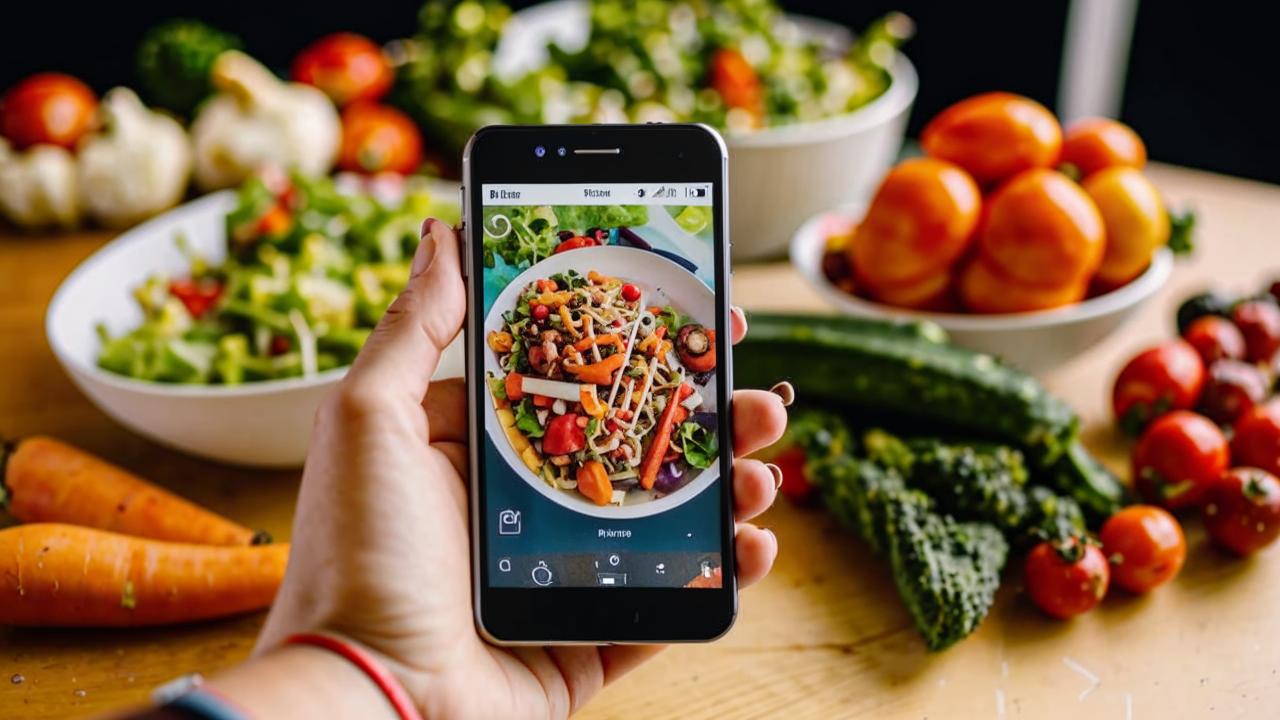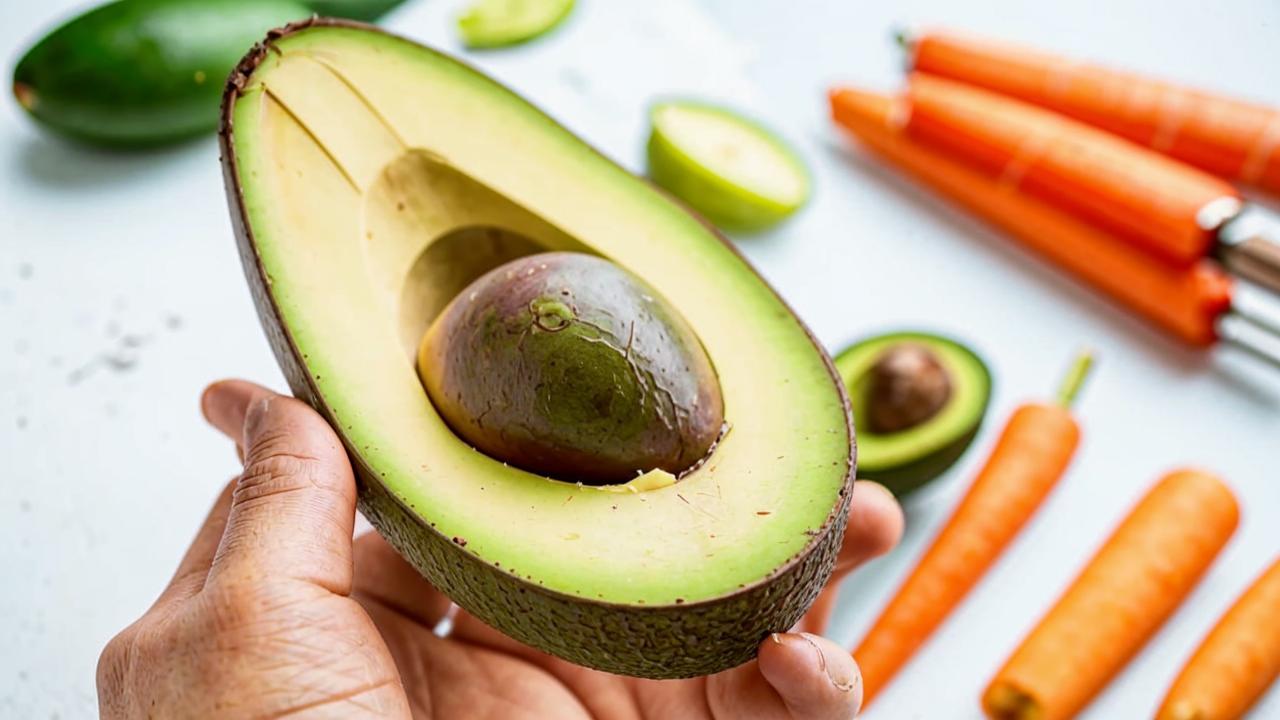The cult of a healthy lifestyle is increasingly spreading on the Internet. There are more and more beauty or fitness bloggers who promote proper nutrition and advertise products to keep the body beautiful and youthful. A lot of people are inspired by this and follow the current trends in the hope of getting a dream figure.
Now almost everyone knows that in order to lose weight, get fat or just stay in shape, you need to control the number of calories consumed per day – units of energy needed by the body to maintain vital functions. Each person consumes a certain amount of calories with food. This energy is expended both during physical activity and at rest.
When it comes to proper nutrition, most “HEAVY” put the caloric content of food in the first place. All the more so nowadays there is a huge number of online services and applications that help to track nutrition and calculate those very calories. It would seem that everything is simple: when the body receives more energy than it expends – we gain weight, and when the opposite happens – the weight goes away. Therefore, everyone is used to the idea that when losing weight, it is necessary to observe a caloric deficit. This is true. And yet it does not always work. You need to know a few important details.

What do you need to know about calories?
First, we can not forget that each person is unique and the necessary portion of calories for him is calculated individually. Each organism at rest consumes a different amount of energy, which depends on metabolism and other physical indicators. In addition, people’s lifestyles can vary considerably: some people work in an office and lead a sedentary lifestyle, while others engage in activities that require physical strength. This all has a big impact on energy expenditure. So there is no specific calorie intake that everyone must adhere to.
Secondly, if you have calculated the calorie intake necessary for you personally, it does not mean that you can eat any dishes that fit within the set limits. After all, it is the quality of food that determines the quality of the body – skin, hair, nails. Agree, a snack of a handful of nuts is much healthier than a candy bar. Despite the fact that both have about the same calorie content. Unlike nuts, a candy bar does not contain the correct ratio of proteins, fats and carbohydrates, which the body needs for normal functioning. But it turns out that not all healthy food is low-calorie either.
Healthy food, organic, fitness: what is healthy and what is not?
In pursuit of a healthy diet, we often choose products labeled “healthy”, “organic”, “gluten free”. Sometimes without even understanding what is really useful and what is not. Often the packages of, for example, fruit juice, muesli, cereals, bars are labeled “fitness”, which makes buyers take this food as dietary or healthy. In reality, they are not.

Fruit juices from stores contain huge amounts of manufactured sugar and flavor enhancers – the main enemies of a perfect figure. It’s the same situation with muesli and cereal: they also have a high energy value, which everyone is so afraid of.
Bars can also be dangerous: most of them are designed for athletes or people who are actively engaged in physical labor. After it, it is simply necessary to replenish energy reserves. And calorie bars with a high protein content – just the perfect option if there is no time for a full meal. Protein bars can not be called harmful, but they also can not be used between meals as a snack. After all, one snack can contain about 350 kcal!
Healthy food is not always low in calories
After all, processed foods, convenience foods, canned foods and so on are not the best choice for a healthy diet. Food of vegetable origin and home cooking – the most suitable option, because with such a diet the body receives the necessary proteins, fats and carbohydrates, vitamins and minerals.
Here, too, there is one “but”. Everyone knows that, for example, a variety of fruits and vegetables are useful. But few people know that useful does not mean low-calorie, that is, you can not get carried away with them. Avocados, nuts, dried fruits, coconut milk and coconut pulp, salmon, eggs are some of these products. Avocado is one of the most nutritious fruits with antioxidant properties and it contains a wide range of essential fatty acids and vitamins. However, from half an avocado we get about 180 kcal.

The body also gets healthy fats, vegetable protein and Omega-3 from nuts, but this is one of the most caloric products. For example, the energy value of 100 g of almonds is about 645 kcal – almost like two small meals. Therefore, you should be careful with nuts and eat no more than 20 g a day.
Coconut, which has become so popular recently and whose milk is often used as a substitute for cow’s milk, is not low-calorie. In 100 g of pulp contains 353 kcal, and in coconut milk – about 230. Still, the tropical nut is rich in fatty acids and minerals (potassium, phosphorus, calcium), so you should not completely exclude it from your diet.
Salmon is an extremely useful fish with a high content of easily digestible protein. But its energy value is as much as 500 kcal. In the diet of almost every person has eggs, because it is protein, but in a boiled egg is already 152 kcal per 100 g. Let’s not forget about fruits, which are considered harmless. They contain fructose, which means it is undesirable to eat them at night. Fruit smoothies and freshly squeezed juices are useful, but also high in calories, because for one drink we mix a lot of different ingredients.

Quality, not quantity, is important
This list can go on for a long time. The main thing to understand is that high-calorie foods can be healthy. Low calorie content does not ensure proper nutrition. Healthy foods cannot be compared to junk food with the same energy value. Both Big Macs and avocados are about equal in this regard, but their quality and composition are vastly different. You don’t get the antioxidants from a Big Mac that you get from an avocado.
So, when it comes to eating right, the composition of your diet should come first, not its caloric content. Of course, the amount of food consumed is important (everything must be measured), but its quality determines not only the appearance of a person, but also the state of health.





